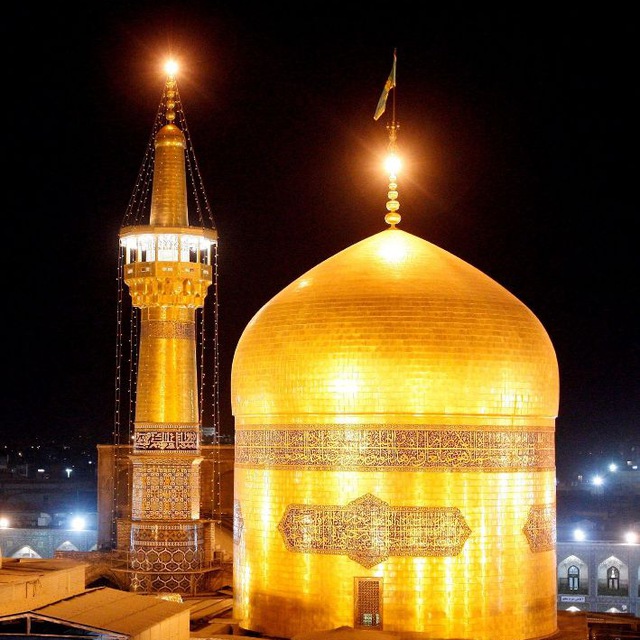Interview with Ali Reza Gholi, the author of the book Sociology of Elitism: How did we lag behind in the path of development? Reformed elites are alone
“Sociology of Elitist” is now in its 40th edition and continues to be published in high numbers. Ali Rezaqoli published this book for the first time in 1977 and raised the question whether change and reform in the structure and fabric of societies is done by the elites and from above, or with transformation in the social context and from below. This book analyzes the political, social and cultural conditions of the time of Farahani, Amir Kabir and Mossadegh:
At that time, my opinion was that Iran has always tried to defend its military policies like other powers and countries in terms of historical characteristics, from the quality of the population to the type of institutions and organizations, the distribution of rent and the manipulation of the economic system. This issue has historical roots in Iran based on Saadi’s Golestan and Ferdowsi’s Shahnameh. Although the economic prosperity in Iran is due to the sale of oil, but for a thousand years the elites ruled in Iran until this country reached the constitution.
This historical background has formed a structure in Iran that no matter how hard we try today to find the necessary preparation to move towards a modern military, we will not succeed. Once in the last half century, we chose a path towards modernization, although it was dependent on oil conditions, it could not continue its movement. Therefore, the reformist elites are very lonely in this country. Not that there is no patriotism in this country, but the conditions are such that they are unable to react. Reform elites usually have problems with those who are interested in the distribution of rent and the collection of rent and who have interests and have bargaining power.
Reformers are usually faced with a crowd of people who prefer personal interests to national interests. Therefore, the reformers, or the reforming elites, cannot do anything and when this situation escalates, the field will be narrow for them. It was these conflicts that once destroyed the viceroy; The manager did not dare to manage expenses. The reformer is alone in this country and in the words of Mirza Taqi Khan Amirkabir for the reformer elite: “Stones of sedition fall from the catapult of the sky.”
The solution that comes to the minds of the Nobel laureates and some other experts is to break the monopoly of power that will lead to the distribution of unproductive rent. After that, empowering the society to monitor their rights should be formed slowly.
Each group can have its own elite. It may even be possible to cultivate this type of elite. Thieves and corruption also have their elites. In the book, elite killing mostly refers to reform elites. But reformist elites who are not close to power also suffer. For example, consider university professors who become bankrupt over the years. If you see some of them in the first years of their activity, you think they will win the Nobel Prize, but after 20 years of their service in the classroom, they become everyday and unmotivated people. Who is to blame for demotivating and killing these elites? Even students prefer that their professor does not ask them to do serious work and practice. These professors are with the Ministry of Science, Protection and. What problems do they have? Why are they broken? You can visit Allameh and ask some professors of this university what obstacles they have faced in these years. Why are they unmotivated?
@sahandiranmehr
http://www.ires.ir/Contents/ContentDetails.aspx?CID=641
This post is written by monese_ghamgosar
